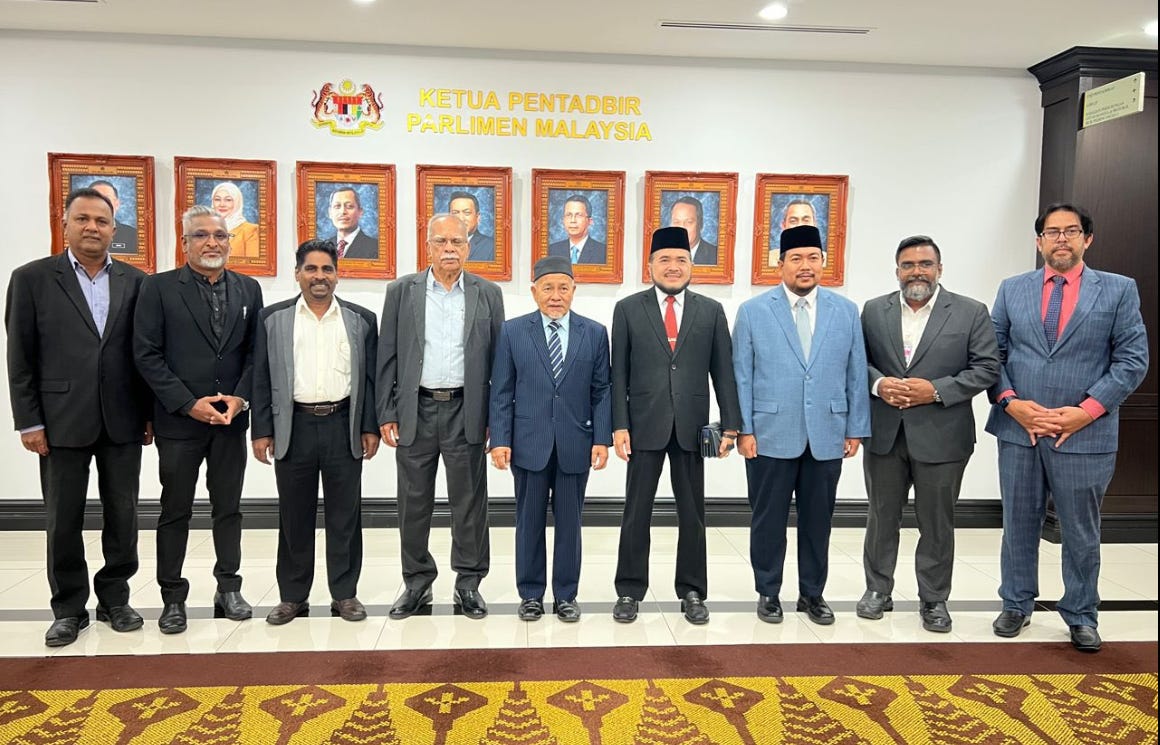
Murray Hunter
Beyond political labels: A call for pragmatic engagement in Malaysian politics
P Ramasamy
Aug 02, 2025

As a participant in the proposed formation of a united front bloc outside the framework of the present PH-led coalition government, I caution the prophets of doomsday not to count their chickens before they are hatched.
The Perikatan Nasional (PN) coalition cannot be consigned to the dustbin of political irrelevance, particularly when it comes to Chinese and Indian support. I refrain from using the term “non-Malays” because it obscures the significant political and social differences between the Chinese and Indian communities.
Nothing is impossible in politics—this is why it is often called the art of the possible. I am fully aware that PN might attempt to reach out to the Chinese and Indian communities, especially in the west coast states of Peninsular Malaysia. This is precisely why a dual-pronged coalition strategy has been mooted—one targeting predominantly Malay constituencies and the other reaching out to areas with significant Chinese and Indian presence.
My recent engagements with the opposition, particularly Bersatu and PAS, were aimed at emphasizing the importance of inclusivity to broaden their appeal among Chinese and Indian voters. Without this commitment to inclusivity and respect for the citizenship rights of these communities, PN can forget about securing their electoral support.
PN cannot afford to remain on a political pedestal and expect Chinese and Indian support to materialize automatically. A middle ground must be found—one that is grounded in mutual respect, recognition of rights, and a shared vision for the country.
If my understanding is correct, PAS might not seek the premiership should the opposition come to national power. This would explain why Bersatu is preferred for the role, given its potentially greater acceptability among Chinese and Indian voters.
Support for PN among these communities cannot be assessed in a vacuum. It must be analyzed in the broader context of growing disenchantment with the current Madani government. The disillusionment among Chinese and Indian Malaysians could, ironically, be the factor that gives PAS and PN an opening.
If DAP and PKR once aligned themselves with PAS, what justifies the present holier-than-thou attitude towards the same party? If PAS was acceptable then, why is it suddenly an anathema now? At the end of the day, whether religious or secular, political parties exist to attain power and implement their agendas.
My point is simple: do not blindly trust PN—or PH, for that matter—but engage all political actors in ways that benefit the community and the nation. Chinese and Indian Malaysians may have valid reservations about PN, but has the Madani government truly acknowledged or addressed their concerns?
What happened to the promises made by Prime Minister Anwar Ibrahim?
It is time Malaysians moved beyond empty slogans and symbolic gestures.
No comments:
Post a Comment